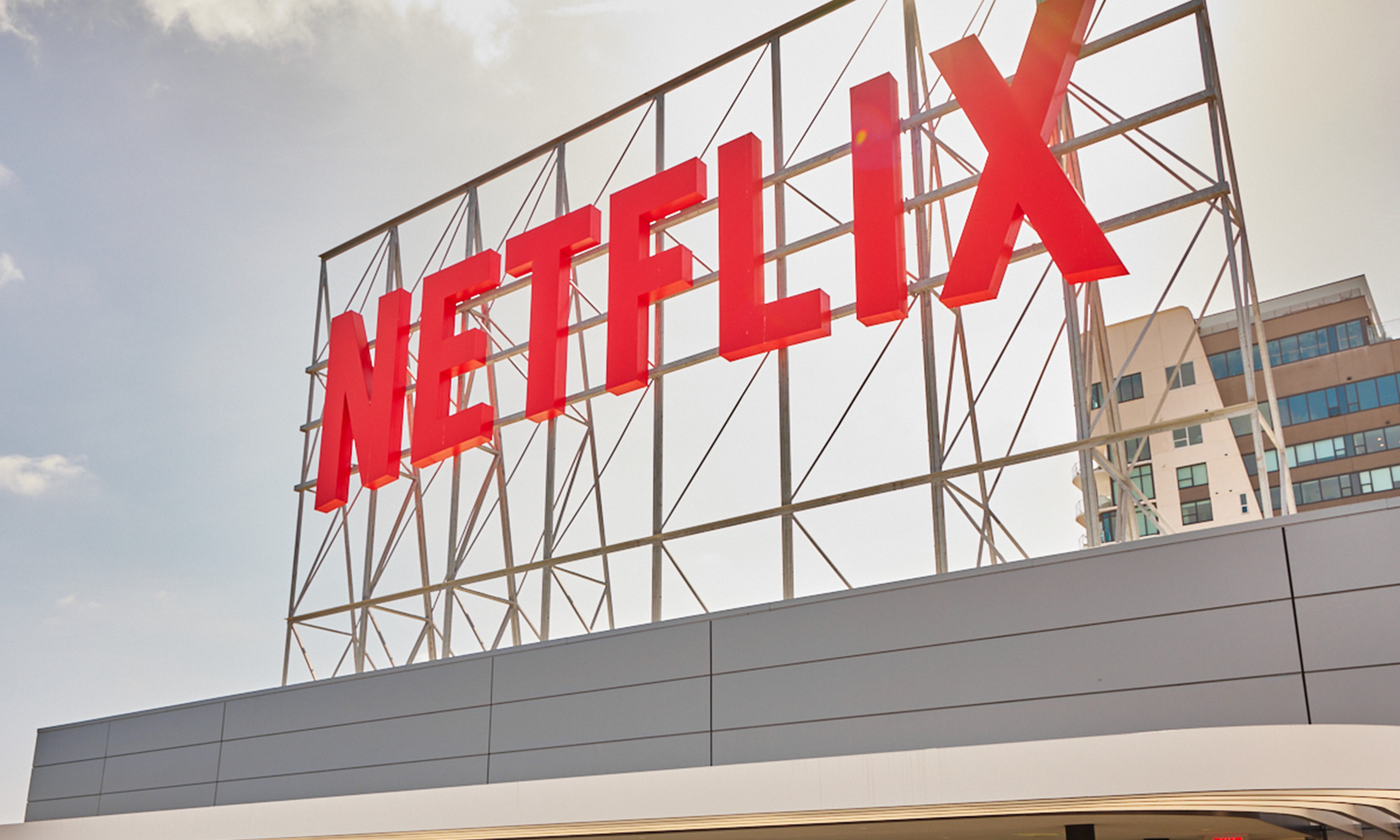Over the summer, millions of Netflix (NFLX 2.99%) users saw their monthly subscription price increase $1 or $2. Netflix announced its initial price increase -- from $8 to $9 -- more than two years ago, but it quickly followed up with another $1 price increase in October of last year. Today, nearly all of Netflix's 47.5 million U.S. subscribers pay $10 per month.
However, Netflix has had a tough time adding subscribers over the last two quarters as it experienced more customers leaving the service right before the price increase hit their credit cards. With competitors like Amazon (AMZN +0.18%) offering a similar service for less (including the other benefits that come with Prime), some customers are wondering whether a Netflix membership is really worth $10 per month. Let's take a look at why I think it's worth it.

Image source: Getty Images.
The best original content
Netflix is in its fourth year of producing original content, and already more television viewers favor its originals over any other network's, according to a survey reported in Variety this year. That includes the critically acclaimed show factory that is Time Warner's (TWX +0.00%) HBO.
Importantly, HBO typically charges more than Netflix. Stand-alone HBO Now service costs $15 per month. While some consumers may be able to get a discount through their cable provider, that's about in line with what you'll have to pay if you want the "So Original" HBO.
Netflix is continuing its investments in original content. CFO David Wells said the company plans to move its catalog toward a 50/50 split between originals and licensed content. With a constant stream of interesting and popular original shows and movies, Netflix certainly makes the case that it's worth $10 per month.
A giant catalog of licensed content
However, it's not just the originals that make Netflix worth $10 per month. Its huge catalog of licensed content means there's something on Netflix for everyone. Where HBO primarily appeals to those interested in critically acclaimed dramas and comedies, Netflix offers tons of options for just about anyone.
What's more, Netflix's artificial intelligence will help surface content in its catalog that it thinks you, in particular, will enjoy. Other services like Amazon have similar content recommendation engines, but Netflix benefits from both the breadth and depth of its content catalog.
Netflix's $6 billion content budget is bigger than the budgets of any of its competitors. HBO, for example, only spends about $2 billion on content, and half of that goes toward its originals. The deep library of licensed content gives subscribers something to watch after a weekend bingeing on the newest original.
Ultimately worth what customers are willing to pay for it
A stock is only worth what someone is willing to pay for it. The same concept applies to any product or service. If the vast majority of customers are willing to pay for it, then it is, by definition, worth it. While I've made the case for why I'm willing to pay $10 per month, it wouldn't be wise for Netflix to charge that much if I was the only one willing to pay for it.
Over 60% of customers said they're willing to spend even more than they currently do on Netflix in a recent survey conducted by DigitalSmiths. That number indicates Netflix is near its optimal price point. Still, it's one thing to say you'll cancel if the price goes up, and another to actually do it. So there could still be room for Netflix to increase its price.
While Netflix saw higher-than-anticipated churn from subscribers that experienced a price increase over the last two quarters, those defectors represent only a small number of subscribers. Going forward, investors can expect Netflix to return to strong domestic growth. Most importantly, the price increase has led to significant revenue growth despite the slower subscriber net additions, and that ought to continue as well.






